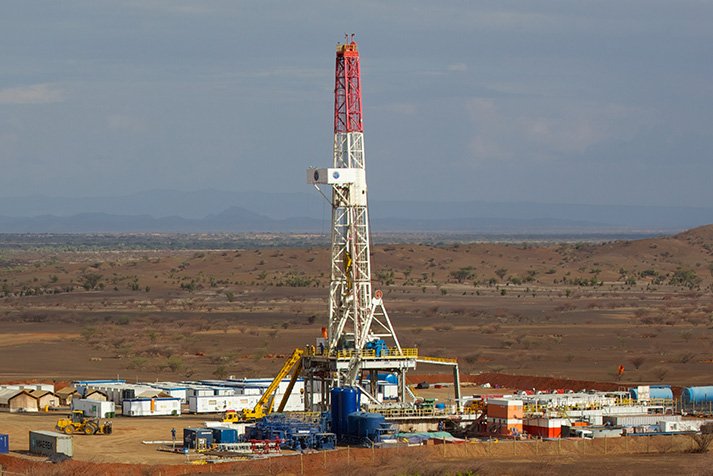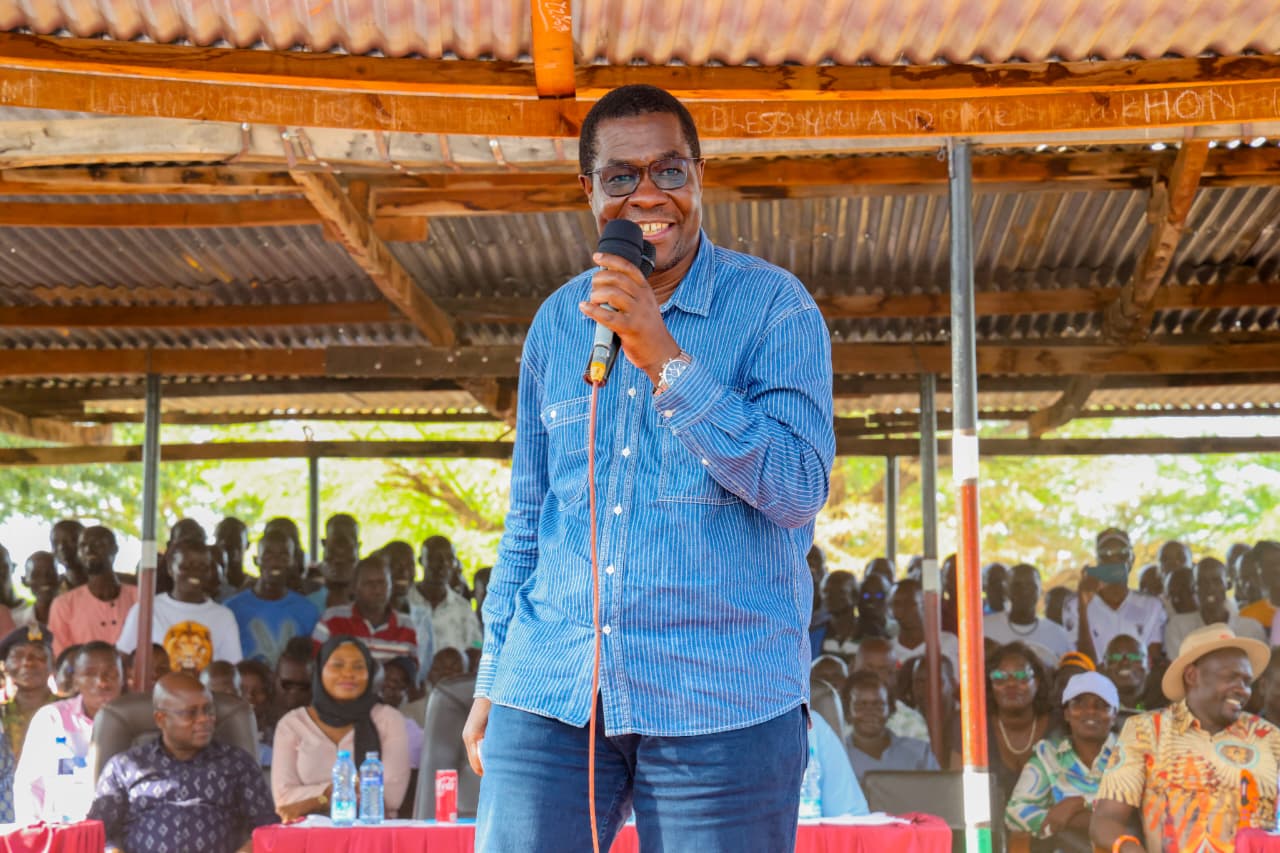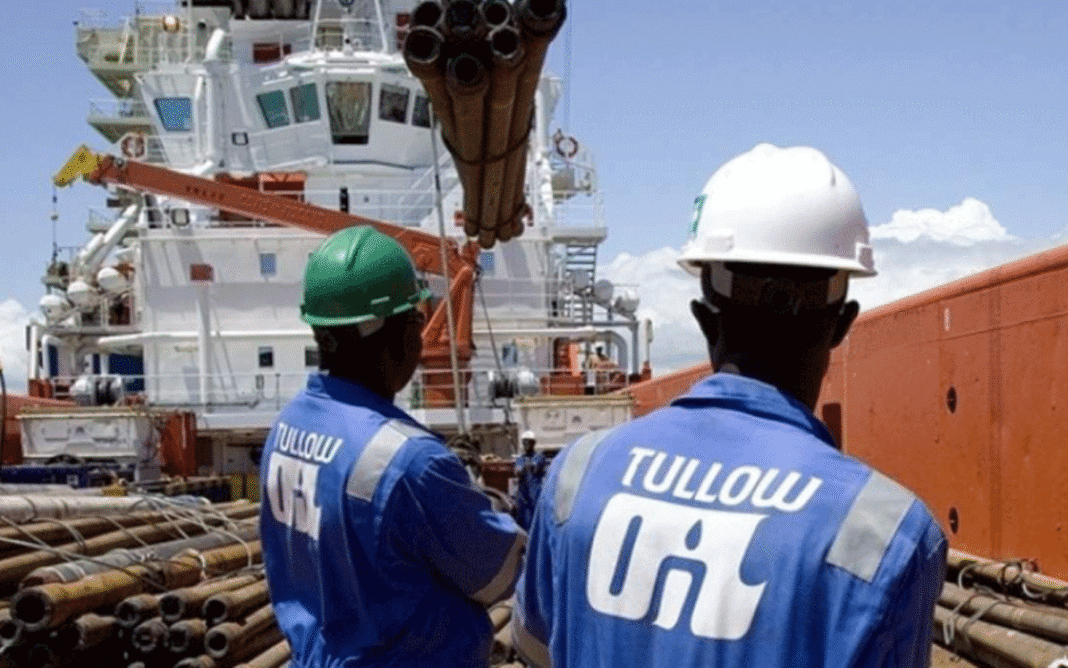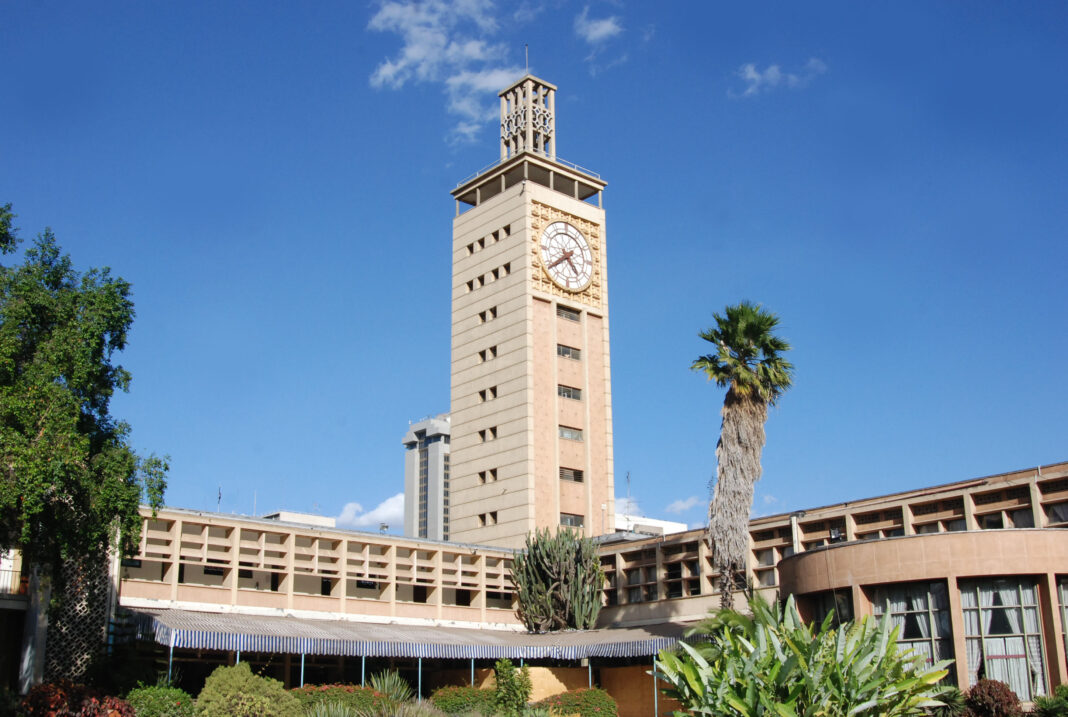Kenya will begin drilling oil at the Lokichar Oil Fields in Turkana County early next year, marking a new phase in the nation’s journey toward energy independence.
Energy Cabinet Secretary Opiyo Wandayi confirmed that the government had approved the Lokichar Oil Project, with work set to start between January and February 2026.
The move follows years of delays, negotiations, and uncertainty after British firm Tullow Oil’s exit. Once operational, the project is expected to create jobs, boost infrastructure, and expand Kenya’s energy revenues.

Government Moves Forward with Lokichar Oil Project
During his visit to Turkana on Friday, CS Wandayi said all technical and legal requirements had been met to start Kenya’s first major oil production phase. He added that the final hurdle remained parliamentary approval, which would be sought in the coming month.
“In line with the Kenyan Constitution and the Petroleum Act 2019, I have officially approved the development of the field plan for the Lokichar Oil Project,” Wandayi announced. “In 30 days, the plan and the production sharing contracts will be submitted to Parliament for approval before the project begins.”
The government hopes that the project will not only strengthen the national economy but also deliver long-awaited benefits to the people of Turkana. Wandayi expressed optimism that the project would create direct and indirect employment opportunities and attract new investors to the region.
New Hope After Years of Uncertainty
The Lokichar Basin, discovered in 2012, has been described as one of East Africa’s most promising onshore oil prospects. Despite early optimism, production has faced repeated setbacks—ranging from logistical challenges to investor withdrawals.
The situation worsened in April when Tullow Oil, which led exploration efforts for over a decade, exited Kenya. Its departure left uncertainty about the future of the Turkana oil fields. However, Gulf Energy Ltd stepped in, completing the acquisition of Tullow’s local interests and restoring momentum to the stalled project.
Earlier estimates by Tullow and its partners placed recoverable oil reserves in the South Lokichar Basin at around 560 million barrels. The total oil initially in place could be as high as 4 billion barrels, although not all of it is commercially extractable under current conditions.
Economic Promise for Turkana and Kenya
The Lokichar Oil Project is projected to transform Turkana’s economy and integrate the remote region into Kenya’s broader development plans. According to CS Wandayi, the government intends to prioritize local employment, infrastructure, and social development programs linked to the oil industry.
“Turkana will no longer be seen as a marginalized area but as a vital contributor to Kenya’s energy security,” Wandayi said. “Our goal is to ensure that local communities benefit directly from the project through jobs, skills training, and business opportunities.”
Turkana leaders, led by East African Community Cabinet Secretary Beatrice Askul, lauded the announcement. They said the project would finally translate the region’s natural wealth into visible progress.
“This project is a game-changer for our people,” Askul said. “It will open up Turkana to new roads, power lines, and other essential infrastructure that has been delayed for years.”
She added that the county’s residents had waited too long to see the economic fruits of oil exploration and called for transparency and fairness in sharing the expected revenue.

Transition from Exploration to Production
The government’s decision to move into full production marks a crucial step after more than a decade of exploration. When Tullow Oil first discovered oil in Ngamia-1 in 2012, the find was hailed as a turning point for Kenya’s economy. Additional discoveries in Amosing, Twiga, and Etuko fields reinforced hopes that Turkana would become the country’s energy hub.
However, without a clear field development plan and the necessary investment, progress stalled. The newly approved Lokichar Oil Project seeks to change that. By moving into the production stage, Kenya aims to start exporting oil commercially within the next few years.
Experts say that, if managed efficiently, the project could generate billions in revenue and reduce dependence on imported petroleum products. The government also expects the project to stimulate growth in logistics, transport, and energy-related industries across northern Kenya.
With Parliament set to review the project plan and production sharing agreements soon, Kenya is on the brink of a new chapter in its energy story. For Turkana residents, the long wait for oil wealth may finally be nearing its end.


